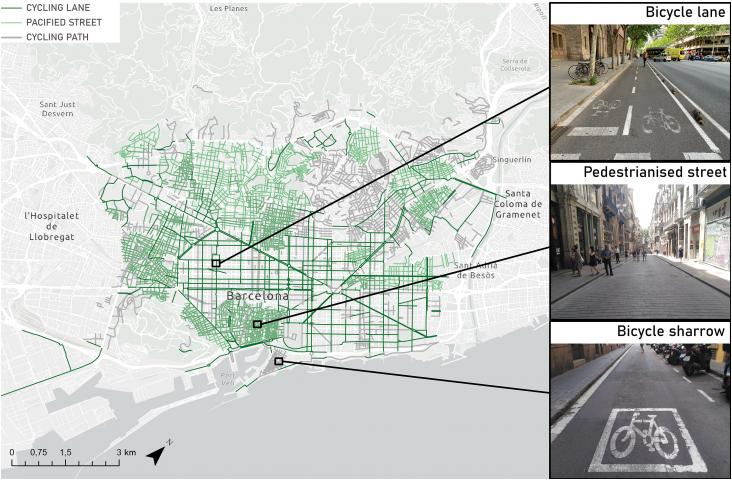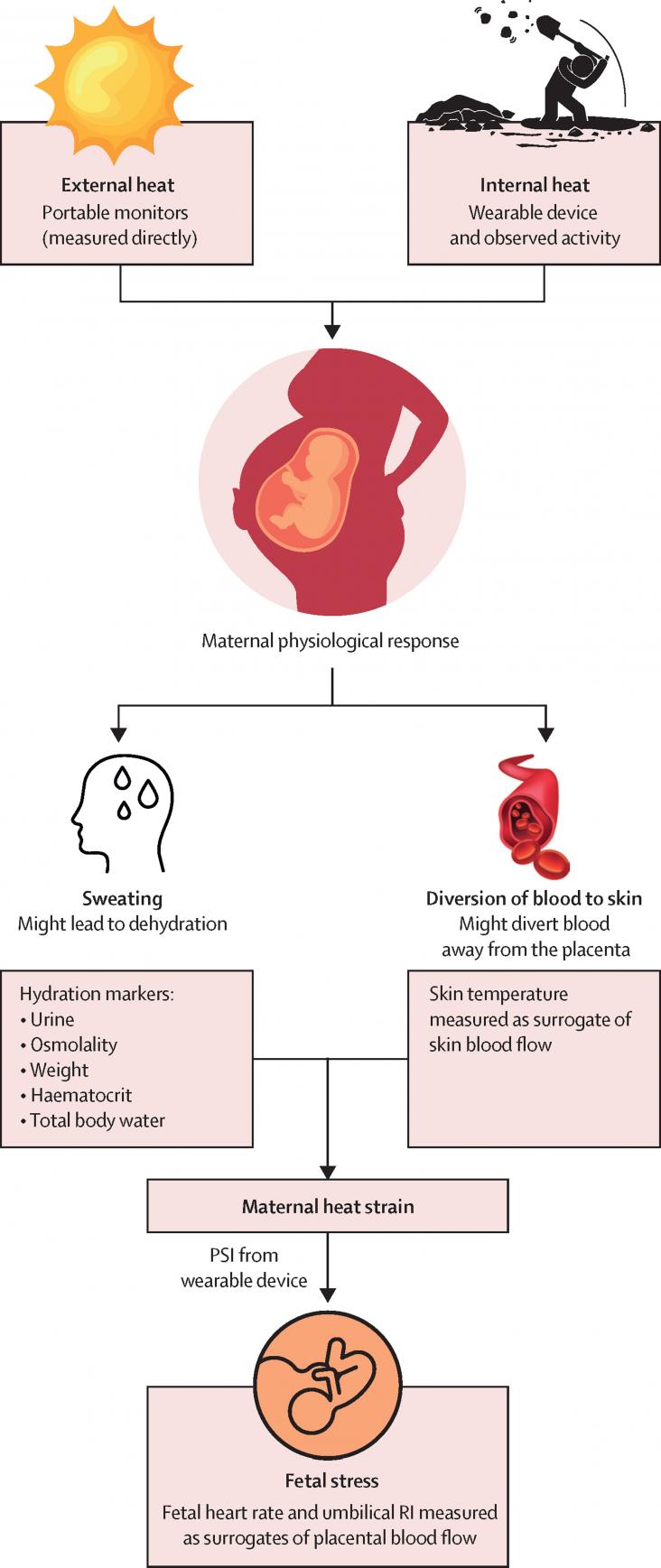FGM is a violation of human rights. FGM affects girls'/women’s physical and psychological health.
This Article supports SDGs 3 and 5, focusing on assessing cardiovascular mortality risk in women with hypertensive disorders of pregnancy, compared with normal blood pressure during pregnancy.
This Article supports SDGs 3, 5 and 9 by outlining how, in the current legal landscape, to reduce the collection and documentation of reproductive health information in nuclear medicine in light of the SCOTUS decision on Dobbs v Jackson Women's Health Organization that overturned a 49-year-old federal recognition of abortion rights.
Abortion access is of utmost importance to community health. It is important to elicit data to support medical education in this topic.
This Article supports SDGs 3, 5, 10 and 16 by assessing changes in stillbirth rates overall and for Black and White women, finding that there was a substantial racial disparity and suggesting that targeted health and social policies are needed to address this issue.
Elsevier,
Women's Health in Medical Clinics of North America Volume 7, Issue 2, p. 385-395, March 2023
This content advances goals 5 and 10 by covering the risk factors, consquences, treatments, and optimal support and resources for victims of intimate partner violence.
This viewpoint supports SDGs 3, 5, 10 and 16, focusing on the drivers of Black maternal mortality and advocating the collection of disaggregated data to support improvements in Black maternal health.

This Study supports SDG 5 and SDG 11 by discussing innovations in micro-mobility and their unequal impacts by gender.
In support of SDG 5 and 11, this Study discusses which transport infrastructure innovations are required to support gender-equitable cycling, especially in developing countries.

This Article supports SDGs 3, 5, and 13, focusing on the mechanisms for adverse outcomes caused by environmental heat stress in pregnant subsistence farmers.
